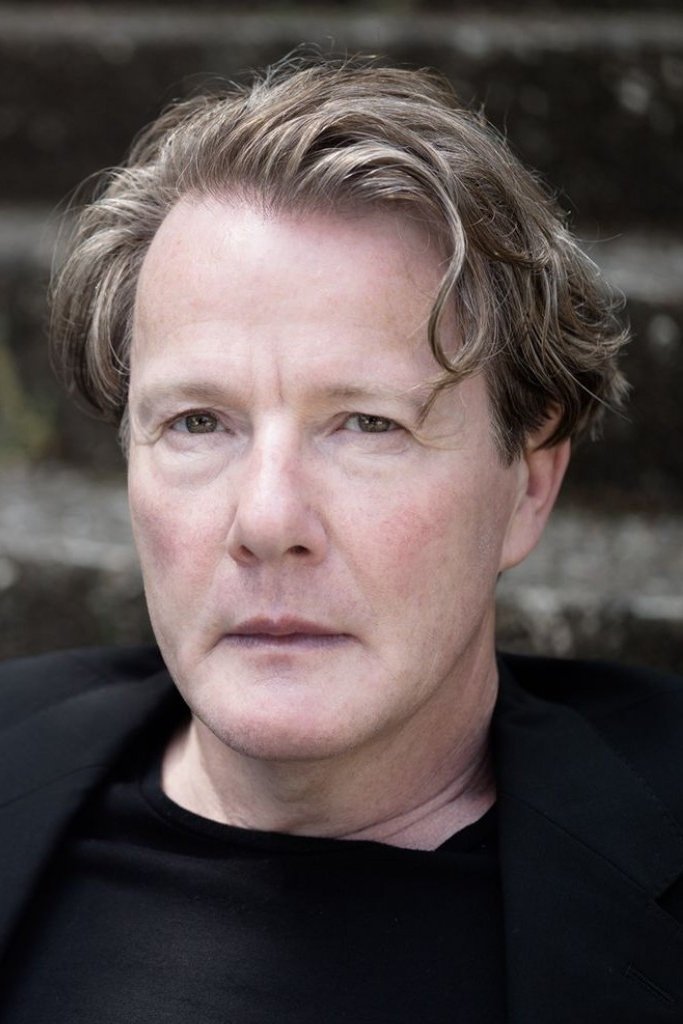
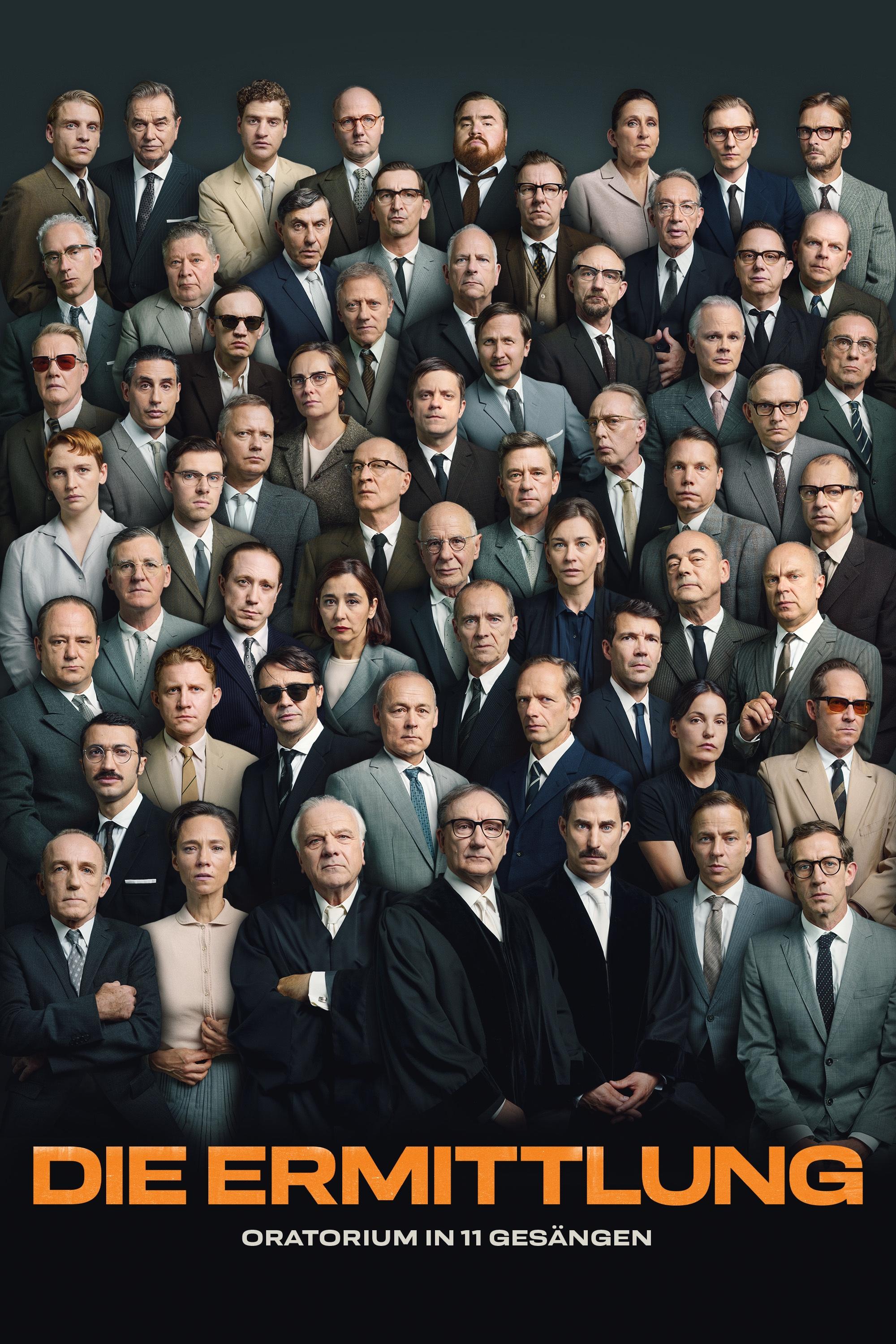
Peter Weiss’ monumental 1965 stage play, among the greatest artworks on the Holocaust, condenses the testimonies of witnesses and the accused during the Frankfurt Auschwitz Trials of 1963-1965. This ultra-faithful film adaptation builds, across four hours, in its intensity and graphically described detail.
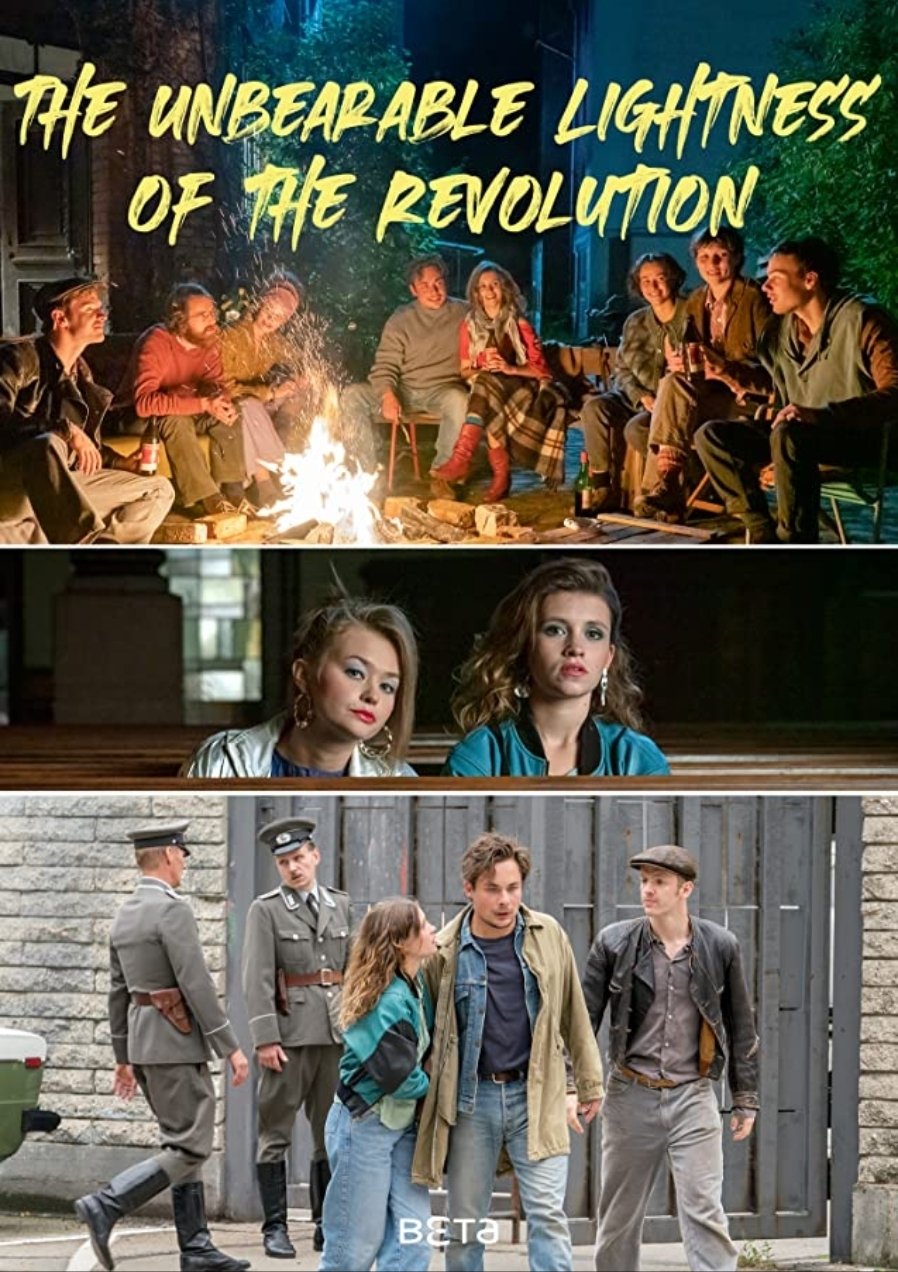
East Germany, 1988. 19-year-old Franka doesn't really care for politics. She prefers going to the disco and dreaming about seeing Bruce Springsteen and Michael Jackson live in concert. But beneath her carefree façade, she is scarred by the loss of her baby brother. But then she meets Stefan: He's young, idealistic, and part of an environmental activist group. A mix that makes Franka instantly make fall for him – and his group, which welcomes her with open arms. But this wild, revolutionary influence does not stay unnoticed: Her mother, who's with the Party, is worried about Franka. As Stefan's group loses the support of the church, leaving them vulnerable to the state, Stefan and Franka are soon in the government's line of fire…
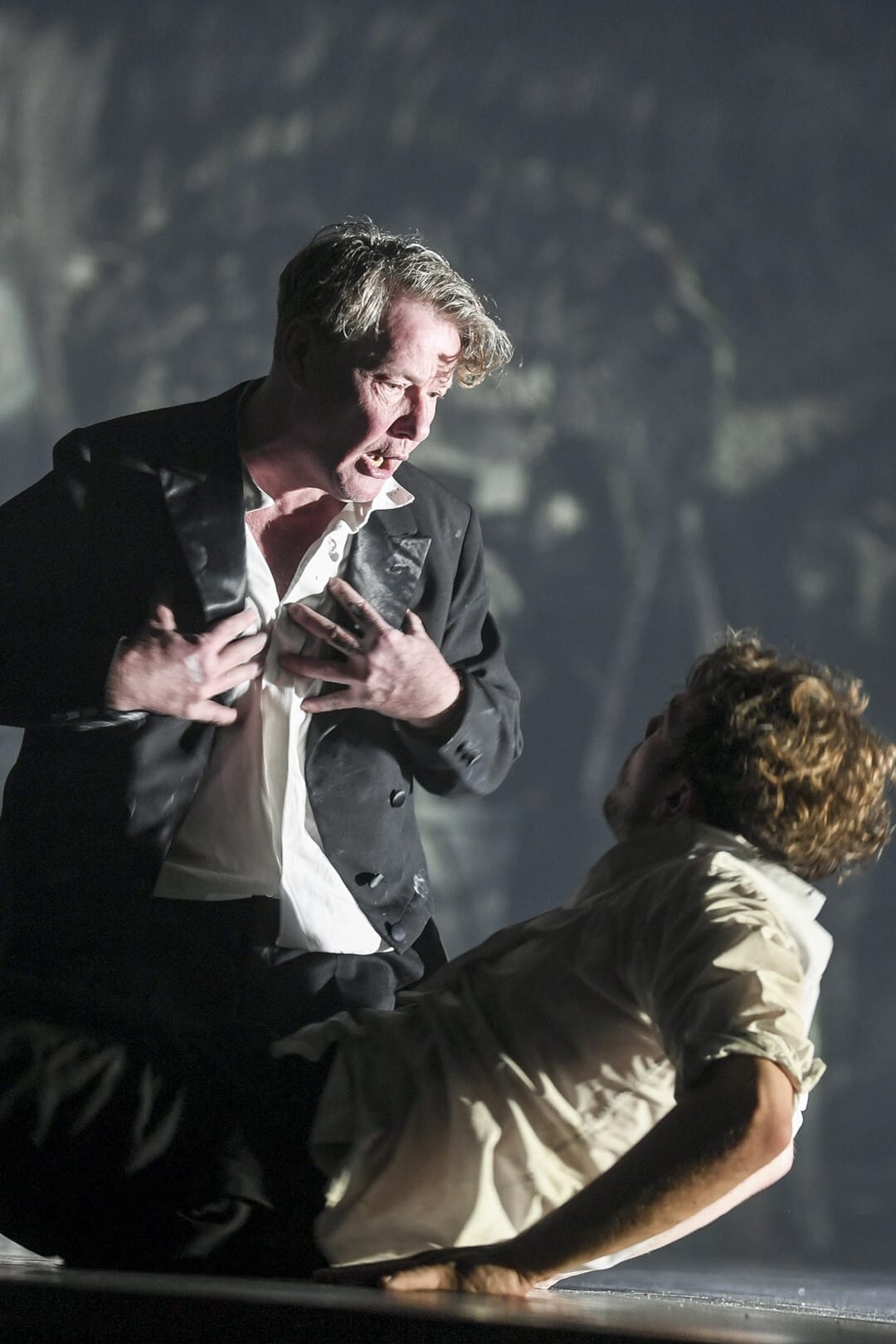
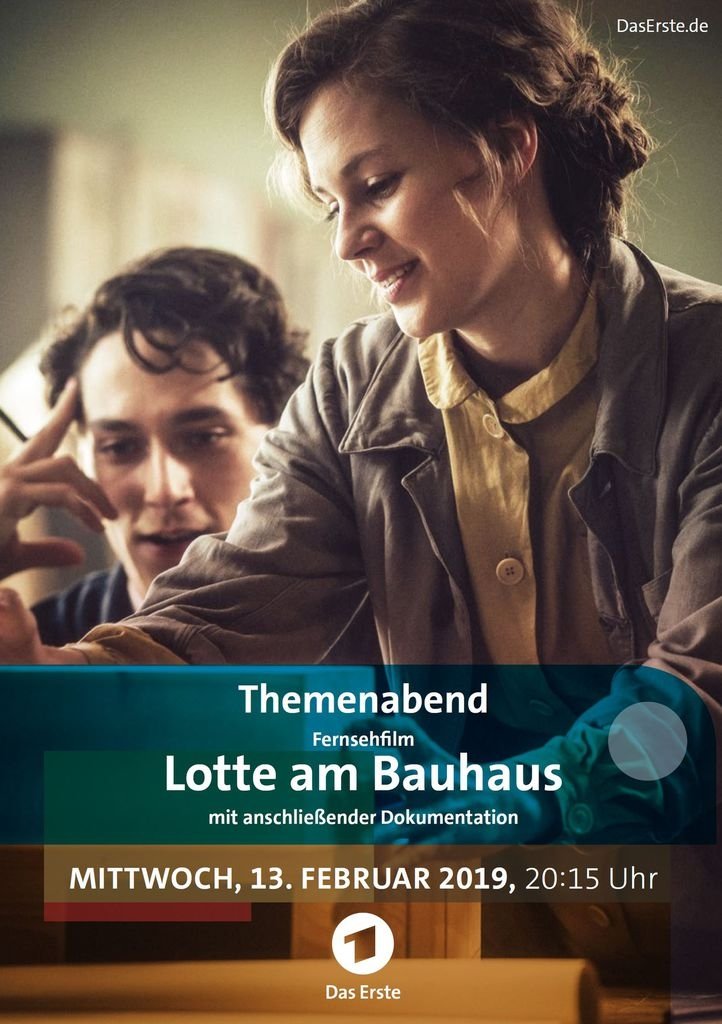
Weimar, 1921. The life of 20-year-old Lotte Brendel seems to be predetermined. Her father sees her as a future wife and mother on the side of a man who is to take over the parental carpentry business. But the idiosyncratic Lotte joins a group of young artists against the will of her family, applies at the Bauhaus and is accepted. The Weimar Bauhaus, under the direction of the visionary Walter Gropius, aspires not only to combine arts and crafts, but also to find the place for the "New Man". In the student Paul Seligmann Lotte finds a supporter and her great love.
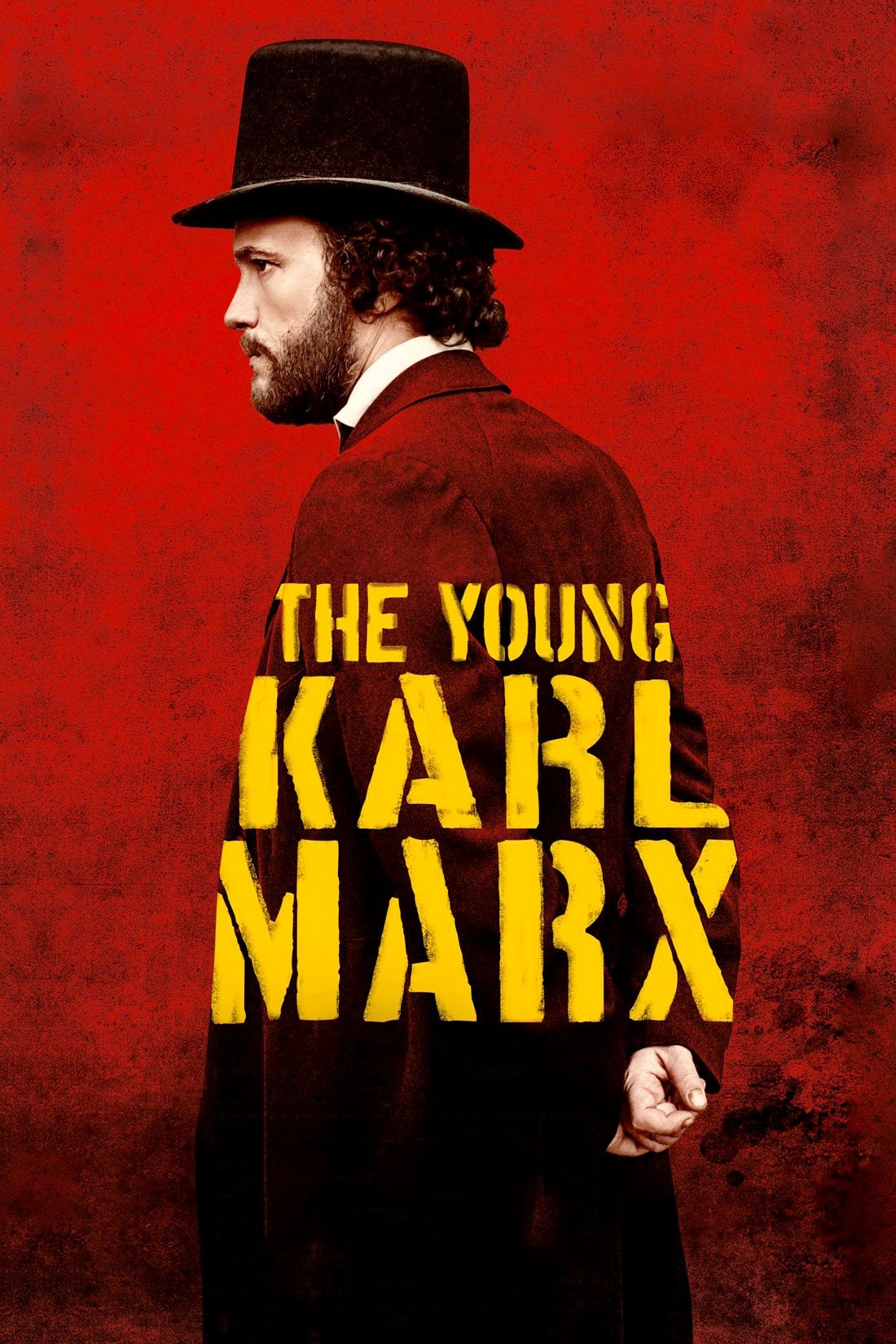
26 year-old Karl Marx embarks with his wife, Jenny, on the road to exile. In 1844 in Paris, he meets Friedrich Engels, an industrialist’s son, who has been investigating the sordid birth of the British working class. Engels, the dandy, provides the last piece of the puzzle to the young Karl Marx’s new vision of the world. Together, between censorship and the police’s repression, riots and political upheavals, they will lead the labor movement during its development into a modern era.

Taking place at the Concentration camp Buchenwald at the end of March 1945, prisoner Hans Pippig discovers in a carrying case of an incoming prisoner a Jewish child. If reported the three-year-old is sure to die. On the other hand, a violation of the rules of the camp would threaten the long prepared uprising of the concentration camp prisoners against the SS.
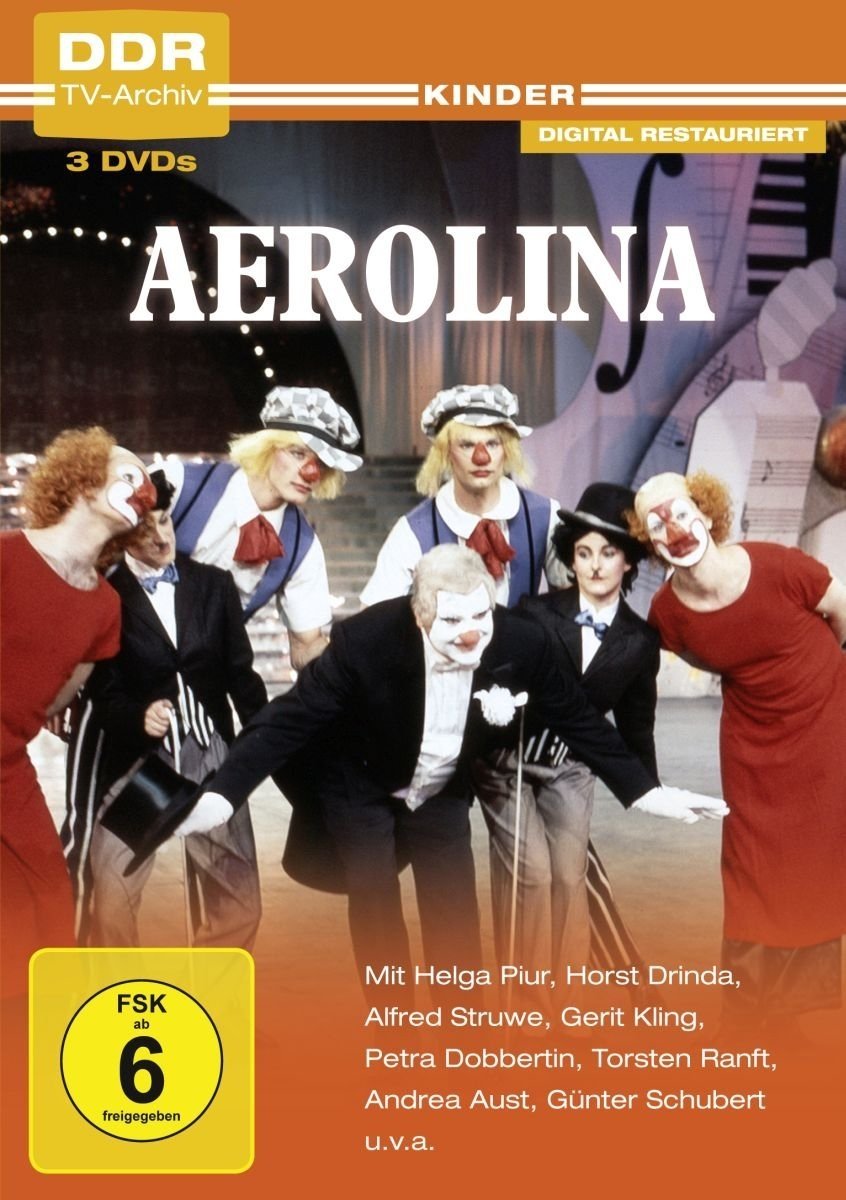
By browsing this website, you accept our cookies policy.